Learn more about the essential security criteria for choosing the right managed file transfer solution to protect your sensitive data transfers. Understand how robust encryption, strong authentication and strict data security are crucial for both compliance and security mandates. See how JSCAPE by Redwood’s advanced features and seamless integration provide comprehensive protection for your business
Managed file transfer (MFT) is an essential component of secure data exchange for businesses and enterprise organizations. Whether you are transferring sensitive financial information, private customer data or confidential intellectual property, selecting the right MFT solution to support your needs is crucial. Given data breaches that have affected several MFT solutions, we will discuss important security criteria that should be considered when buying MFT, such as:
- Importance of MFT security
- Key security features
- Choosing an MFT Solution
- Why should you choose JSCAPE?
Importance of MFT security
MFT solutions are designed to be more secure and efficient than traditional methods like FTP or HTTP and are crucial for organizations dealing with high-volume, sensitive or compliance-protected data.
Compliance
Compliance with industry regulations and data protection laws is critical for businesses dealing with sensitive data, as non-compliance may result in fines or disruptive audits. When evaluating MFT solutions, it’s important to ensure they comply with relevant information and data security standards such as ISO 27001 and SOC 2 Type II, confirming the provider has tested and proven information best practices. The solution should have documented policies, procedures and certifications that demonstrate their commitment to data security and compliance and should also detail the steps that will be taken during a security incident. Conduct a thorough review of their penetration testing, including third-party penetration tests, as well as security audits and certifications, to gain confidence in their adherence to industry best practices. If the vendor you are considering is unwilling or unable to readily share this information with you, it is likely that they are unable to meet these standards, and you should seek out other solutions.
If you have questions about compliance or would like to see JSCAPE’s security features in action, connect with a JSCAPE specialist for a live demo.
Data protection
Safeguard sensitive data from unauthorized access and cyberattacks with a secure MFT solution. These solutions enhance data protection by providing secure, automated and auditable file transfers, which address both security and compliance needs. They achieve this through features like encryption, secure protocols, access controls and detailed logging to help organizations protect sensitive data during transit and at rest.
Efficiency
MFT solutions also enhance business efficiency by automating file transfers, reducing manual errors and improving overall productivity. They streamline workflows, provide centralized control and improve visibility into file transfer activities.
Reliability
Your MFT solution should have important procedures for robust error handling and retry mechanisms to ensure reliable data transfers, even in the event of network disruptions. Other signs of a reliable MFT solution include one that minimizes data corruption through integrity checks. To minimize manual efforts, your MFT solution should include features like auto-retry and checkpoint restarts that ensure successful data delivery.
Visibility and control
A comprehensive MFT solution provides centralized oversight and control over data transfers, which allows organizations to track and manage their file transfer operations effectively, especially those organizations under strict compliance mandates like HIPAA and PCI DSS. Look for MFT software that provides visibility into transfer statuses and makes it easy to proactively resolve issues through monitoring and reporting.
Disaster recovery and business continuity
Natural disasters and cyber threats can disrupt operations, including in MFT. Ensure that the MFT solution you’re considering has robust disaster recovery and business continuity measures in place. Ask about data backup strategies, redundancy options and disaster recovery procedures. Get details on what you can expect as a customer should these failover events occur. Regular backups, high availability and failover mechanisms can help mitigate the risks of data loss and ensure your file transfer operations remain uninterrupted even in the face of unexpected events. If the vendor has experienced ransomware or other breaches in the past, seek to understand how the vendor handled that experience for customers and what steps (if any) they are taking today to prevent another breach from happening.
Choosing the right MFT solution is a critical decision that directly impacts the security and integrity of your data transfers. You can make an informed choice by evaluating key security criteria such as encryption, authentication, compliance, integration capabilities, file sharing features, auditing and disaster recovery.
Prioritize solutions that demonstrate a commitment to data protection, compliance with industry standards and a track record of providing secure and reliable MFT solutions.
Key security features
Secure file transfer hinges on layered defenses. Evaluate the following capabilities — encryption, strict access controls, real-time monitoring and malware scanning — to determine a baseline for any enterprise-grade MFT platform that you’re considering for your organization.
Encryption and data loss prevention (DLP)
One of the primary concerns when transferring files is ensuring data privacy and protection. Look for an MFT solution that supports robust encryption ciphers such as AES-256, SSL/TLS and PGP. Encryption should be applied both in transit and at rest, ensuring that your files remain secure throughout the entire transfer process to mitigate man-in-the-middle (MITM) attacks.. Additionally, consider features like DLP and the ability to control encryption keys, as these provide an added layer of security.
Authentication and access control
Effective authentication mechanisms are vital to prevent unauthorized access to your files. A reliable MFT solution should offer strong user authentication options, including multi-factor authentication (MFA/2FA) and integration with existing identity and access management (IAM) systems. Keep in mind that these tools may be restricted to certain software vendors, so be sure to check that your preferred MFA or IAM can be supported.
Access control features like granular user permissions, role-based access control (RBAC) and activity auditing enable you to manage and monitor user access effectively.
Audit monitoring and logging
Maintaining visibility and control over file transfers is essential for detecting anomalies and preventing security breaches. Look for an MFT solution that provides comprehensive auditing and monitoring capabilities, including detailed logs, real-time alerts and reporting features. These tools allow you to track user activities, monitor file transfers and identify any suspicious behavior or potential security incidents.
Malware scanning
Some MFT platforms include malware scanning security features like antivirus scanning, DLP and content disarm and reconstruction (CDR) to protect against malware during file transfers. This ensures that files being transferred are free from malicious content and helps organizations comply with security regulations and prevent data breaches.
Choosing an MFT Solution
Picking the right technology for your organization can unlock new efficiencies while improving existing processes. By considering these key components of an MFT solution, you can best evaluate and select the provider that can secure your data and support your processes while maximizing your existing investments, which is a critical consideration for larger enterprises looking to streamline costs and disparate technologies.
Secure file sharing and collaboration
Modern businesses often require secure file sharing and collaboration features. Evaluate the MFT solution’s file sharing capabilities, including the ability to enforce expiration dates, password protection and download limits. Secure file sharing should also extend to external partners or customers, providing them with a user-friendly and secure environment to exchange files. The more protocols and integrations offered, the better the solution can maximize your investments.
Compliance requirements
Organizations in highly regulated industries, such as healthcare, finance, manufacturing, government and more, need to maintain compliance. Focus on MFT solutions with robust logging and reporting for audit-readiness, as well as capabilities for internal and external data controls to mitigate your risk and prove compliance.
Integration with existing systems
Consider the MFT solution’s ability to integrate with your existing infrastructure and systems. Seamless integration with your file storage systems, databases and enterprise applications ensures smooth data transfer without compromising security. Look for support for standard protocols like FTPS, SFTP, AS2, HTTPS and compatibility with popular operating systems and platforms.
Scalability and reliability
Seek out solutions that can manage large files or large volumes of files, including those with load balancing capabilities and high availability. Consider your busiest file sharing time, such as tax season, end of year or even major holidays, and ensure the MFT solution you’re evaluating can manage the file load without performance issues.
User interface and ease of use
Complex solutions can overburden IT teams with MFT management. By selecting a vendor with a user-friendly interface, you can support more internal adoption of the MFT solution while ensuring business users and IT users alike can leverage the solution for their needs.
Why should you choose JSCAPE?
With JSCAPE, you gain the peace of mind that comes with advanced security features, reliable performance and award-winning 24x7x365 support to meet your needs at any time. Chosen by both commercial and enterprise customers alike, JSCAPE makes consolidating your file transfer processes easy while reducing overall complexity. Experience firsthand how JSCAPE can safeguard your sensitive data transfers.
Secure MFT FAQs
What does MFT stand for?
MFT stands for managed file transfer. It is designed to help secure, share and store files at scale between systems or organizations. MFT solutions, like JSCAPE by Redwood, go beyond basic file transfer protocols like FTP by offering features like encryption, automation, auditing and compliance capabilities.
MFT solutions can be integrated with other business systems and applications, and they often offer a centralized way to manage all file transfer process. These solutions ensure that data is protected during transit and at rest through encryption and other security measures. A comprehensive MFT software can also automate file transfers based on schedules or events to reduce manual effort and potential human errors.
Learn more about Managed File Transfer (MFT) and how it offers secure data transfers that meet regulatory compliance.
How secure is MFT?
When compared to standard FTP solutions, MFT is a more secure and efficient method for transferring files. Many secure managed file transfer solutions, like JSCAPE by Redwood, employ robust security measures, including encryption, authentication and audit trails, to provide end-to-end data protection.
When comparing one MFT solution to another, their security levels vary from provider to provider. You can follow the key criteria in this blog for determining just how secure a particular vendor may be and their approach to file transfer security.
Learn more about what security features you should evaluate when choosing an MFT solution.
What is the difference between MFT vs. SFTP?
MFT and SFTP are both used for secure file transfers, but MFT is a broader, more comprehensive solution. SFTP is primarily focused on encrypting data in transit using the secure shell (SSH) protocol. MFT, on the other hand, encompasses a wide range of features beyond encryption, including automation, centralized management, reporting and auditing.
Overall, SFTP is a secure file transfer protocol, while MFT is a platform for managing and securing all aspects of file transfers, including the use of SFTP (and other protocols) as a part of the solution’s entire functionality.
Learn more about the differences between SFTP and MFT and why managed file transfer is better.





